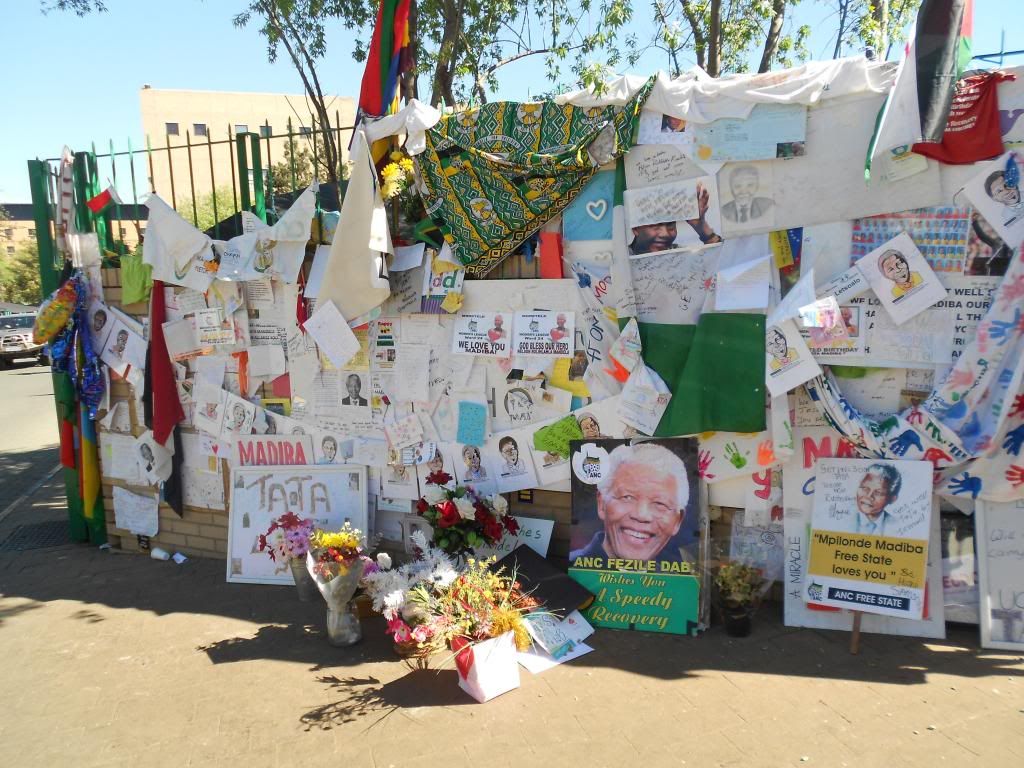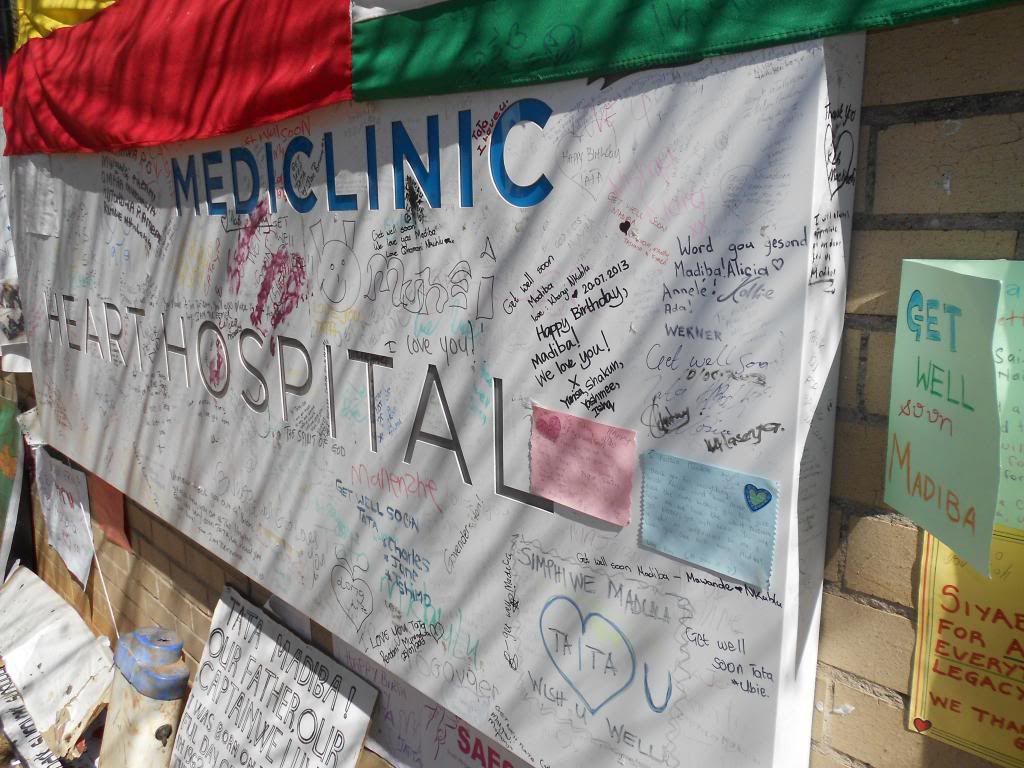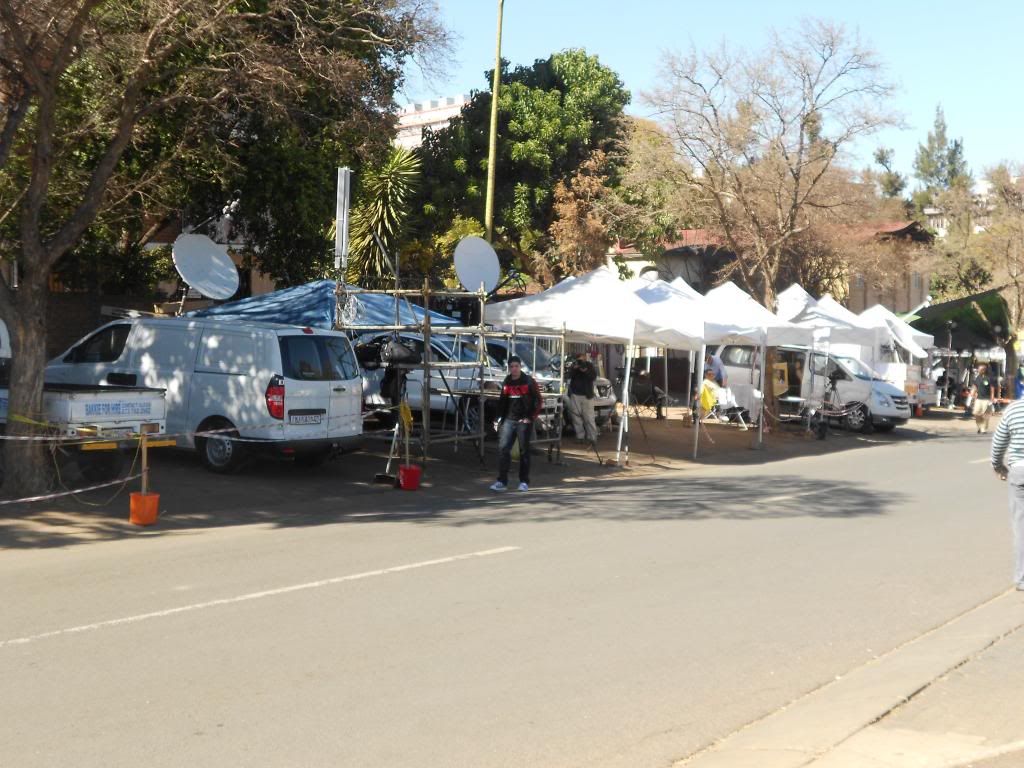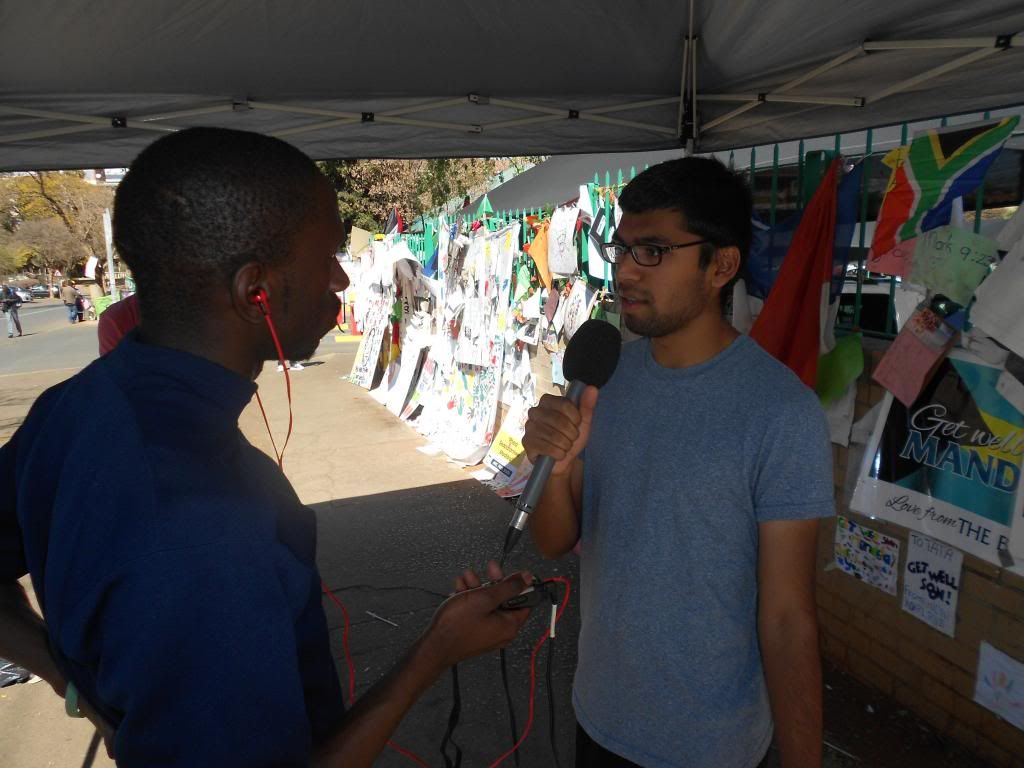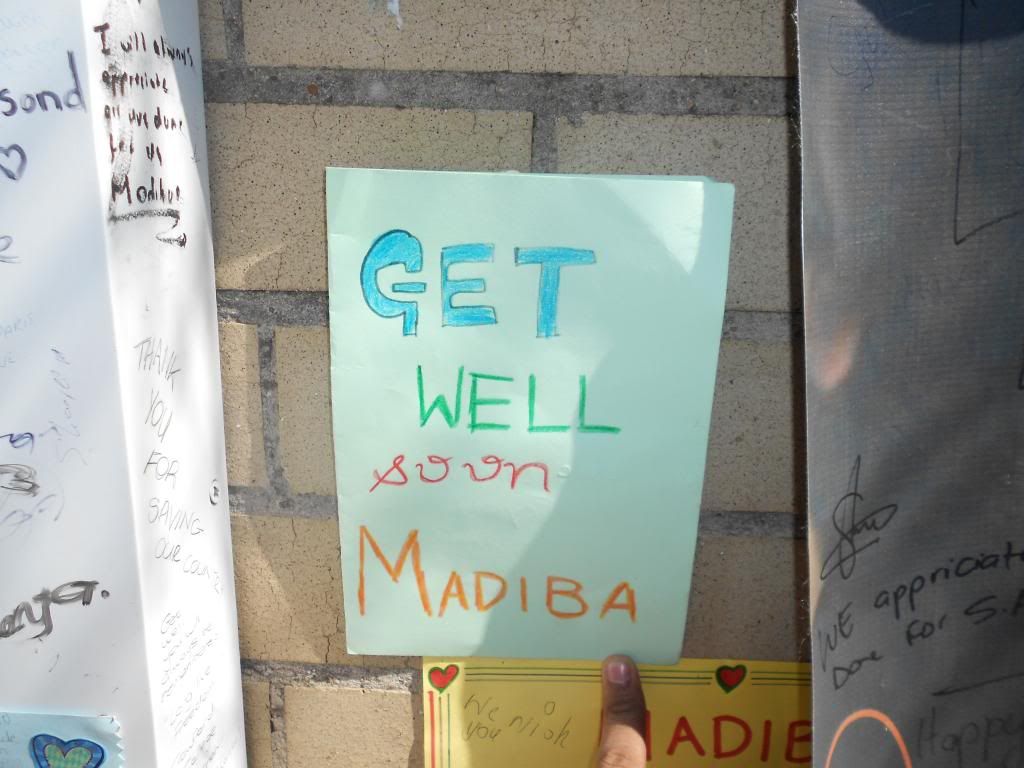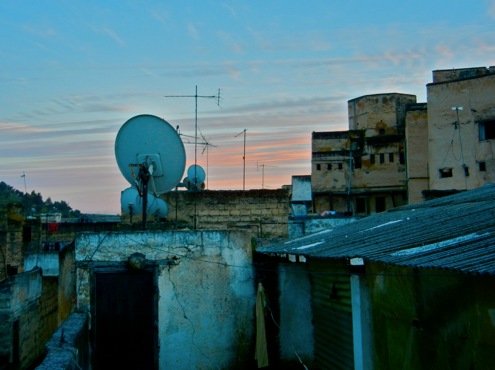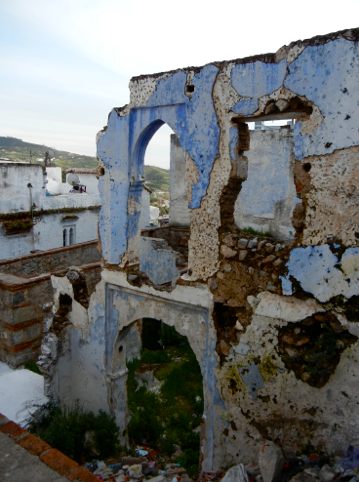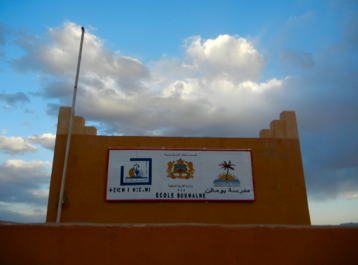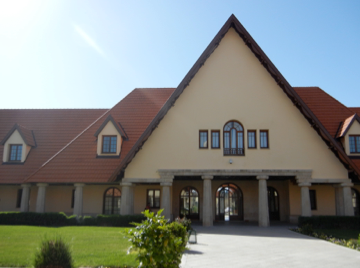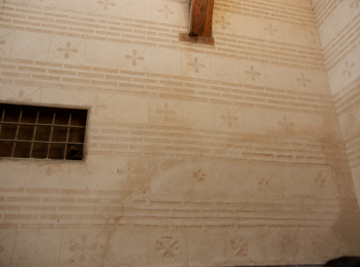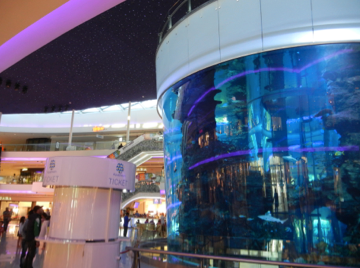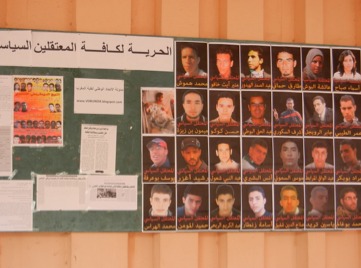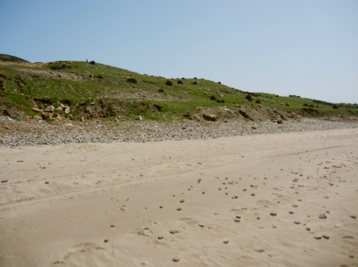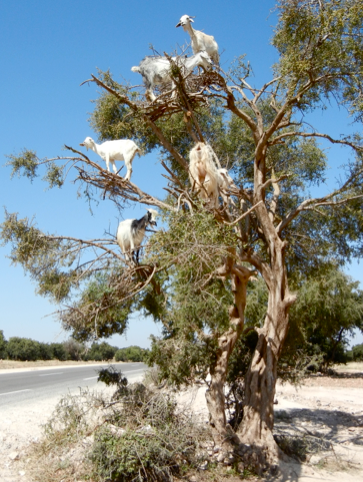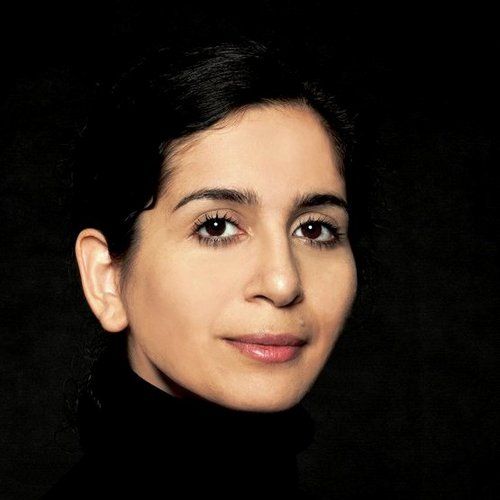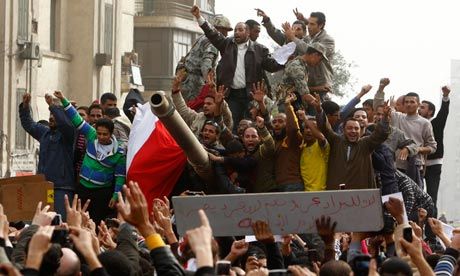By Spencer Blair
Professor Marc Lynch, a professor in the departments of Political Science and International Affairs at George Washington University, regrets coining the term “Arab Spring.” Professor Lynch, who gave a talk in Haldeman on Monday, October 28 called “After the Arab Spring,” was the first to use the term to describe a trend toward democracy in the Arab world in an article on his blog for Foreign Policy.
Lynch renounces the term simply because, while he has an optimistic vision for the Middle East’s long-term future, the 2011 uprisings have not contributed to democratization in the Middle East, and the short-term political future looks bleak in several of these countries, especially Egypt and Syria.
Despite the title “After the Arab Spring,” Lynch acknowledged that much of his talk was devoted to the cause of the Arab Spring, something Lynch attributed largely to the rise of social media. Lynch described the world before the rise of the Internet, in which acceptance of oppressive government was the only feasible political stance, because citizens of Middle Eastern countries under oppressive regimes had no way to educate or organize. Any sort of dissent was quashed immediately and never publicized, and television and radio contained nothing more than positive political coverage of a state’s oppressive leaders.
Expanded technology and the rise of social media, however, revolutionized the relationship between government and citizen, and instances of dissent went viral thanks to a brief Youtube clip or Facebook post. While the 2011 uprisings resulted from a series of complex political, historical, and social factors, the uprisings occurred when they did due to the concurrence of the regime oppression with the peak of social media’s prevalence and relevance in the region.
After the uprisings, Lynch argued, is where everything went wrong, resulting in the highly unfavorable political and social climate that plagues the region today. The changes that occurred following the uprisings were so substantial that returning to the former regime would have been impossible in nearly every country affected, but the upheaval resulted in a rise of Islamist governments rather than the intended democratization. In fact, Lynch and many others now use the term “Islamist winter” to describe the rise of Islamist governments following the initial upheaval, a far cry from the intended democratization of the movement.
The long-term political future that faces these nations is not overwhelmingly bleak, Lynch argues, because eventually these Islamist governments will face similar backlash to that faced by the authoritarian regimes that preceded them, and eventually the environment will be favorable enough for the unfinished business of democratization to occur. For now, however, political strife and anti-democratic behavior is destined to plague the nations that faced political uprisings in 2011 due to the failure of post-upheaval democratization – the lack of a true “Arab Spring.”

